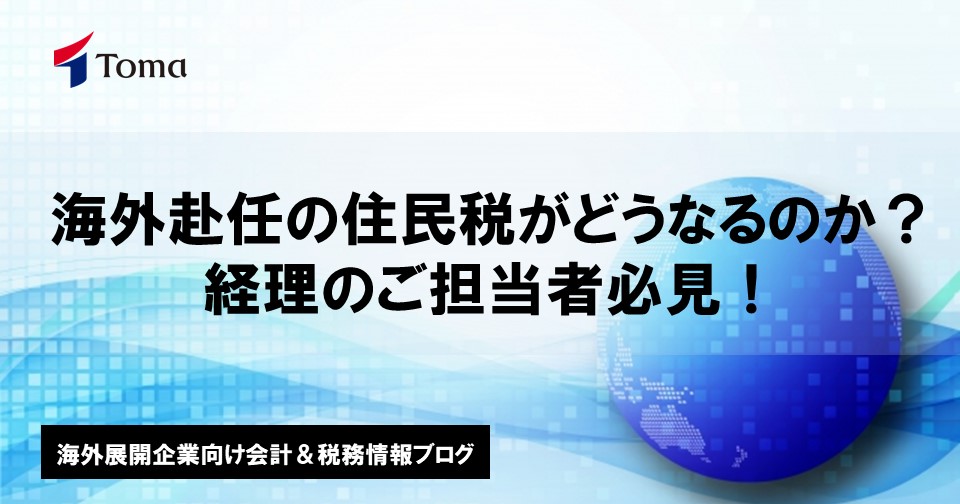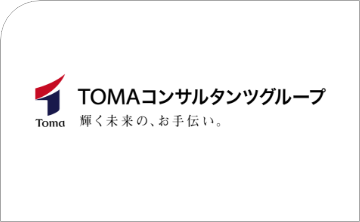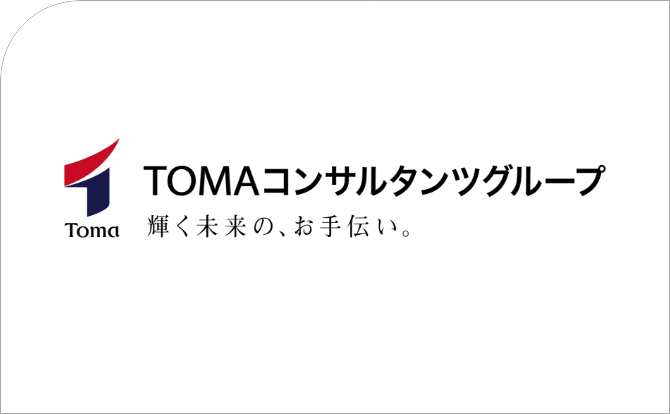今回は、国際財務報告基準の公開草案(Exposure Draft、Clarifications to IFRS 15、Comments to be received by 28 October 2015)で取り上げられているウエブサイト運営会社の事例を使って、前回と同じ論点についてお話をします。
目次
事例の紹介
国際財務報告基準の公開草案説例45を元に筆者が数値事例等を追加しています。
とあるレストラン(こだわり和食の神谷亭、以後K亭とします)が、集客に困っていることから、集客を得意とするウエブサイト運営会社 鈴木広告(以下S社とします)に集客の依頼をしました。依頼の条件は以下の通りです。S社はこの依頼に同意したと仮定しましょう。
①和食の提供価格は一人5,000円、なお、この価格はK亭で決定できるという条件
②和食の提供は、K亭で行い、S社は関与しない
③S社の仕事は、ウエブ上でK亭の紹介をし、食事を希望するお客様へは、予約サービスと代金回収を行う。
④③の代金回収は、食事の日までに必ず回収しなければ、予約は無効となる条件となっている。予約完了時点で、和食の提供価格の10%を獲得できる(5000円×10%=500円)。
⑤お客様からの食事予約のキャンセルは不可
【S社の考えられる会計処理】
S社の会計処理については、以下の二つの会計処理が考えられます。なお、お客様は事業年度でたった一人だったとしましょう。前回と同じように記載します。
○S社
(ケース1)売上高5,000円、売上原価4,500 円 利益500円
(ケース2)売上高500円、売上原価0円 利益500円
【国際財務報告基準の公開草案(Exposure Draft、Clarifications to IFRS 15、Comments to be received by 28 October 2015)の会計処理の考え方】
S社の履行義務は、食事を自ら提供すること(すなわち、企業が本人)なのか、それとも食事の提供を手配すること(すなわち、企業が代理人)なのか判断することを求めています。このために、企業は顧客に提供すべき特定された財又はサービスを識別(この事例では和食を提供する)し、当該財又はサービスが顧客に移転される前に当該財又はサービスを支配しているのかどうか(この事例ではS社が和食の提供に対して影響力を及ぼしているかどうかと考えてください)を評価する旨を定めています(同ドラフトIE232)
結論としては、本事例の条件であれば、上記の(ケース2)の会計処理となるでしょう。
理由は、以下になります。(同ドラフトIE232C)
・S社はK亭の予約業務をするにすぎず、和食の提供義務まで負っていないこと。このため、K亭が予約当日臨時休業をしてもS社は自ら和食を提供したり、代替の和食屋を紹介するなどの義務を負っていないこと
・S社はK亭の材料などの在庫リスクを負う立場でもない
・S社はK亭の一人5,000円という価格についての裁量権をもたないので、S社が得られる収益は500円に限定されている(言い換えれば売上を自社の力で増やすことが出来ない)
【国際財務報告基準IFRSの公開草案を記載します】
日本語と英語で本事例の元となった公開草案を記載します。会計の専門家の方は、日本で検討されている収益認識に関する包括的な会計基準の開発についての意見募集は、このIFRSの公開草案に強く影響を受けていることがわかるかと思います。
一般の方も、現在の日本の会計基準は、諸外国の会計基準とほぼ同じようになってきていることが実感できるのではないでしょうか。
(日本語)
設例45――財又はサービスの提供の手配(企業が代理人である)
IE231
ある企業がウェブサイトを運営しており、それにより顧客は顧客に直接に財を引き渡す広範囲の供給者から財を購入できる。財がウェブサイトを通じて購入される場合には、企業は販売価格の10%に相当する手数料に対する権利を得る。企業のウェブサイトは、供給者が設定している価格での供給者と顧客の間の支払を容易にする。企業は、顧客からの支払を注文が処理される前に要求しており、すべての注文は返金不能である。企業は、顧客に提供すべき製品を手配した後は、顧客に対するそれ以上の義務はない。
IE232
企業の履行義務は、特定された財を自ら提供すること(すなわち、企業が本人)なのか、それとも供給者がそれらの財を提供するように手配すること(すなわち、企業が代理人)なのか判断するために、企業は顧客に提供すべき特定された財又はサービスを識別し、当該財又はサービスが顧客に移転される前に当該財又はサービスを支配しているのかどうかを評価する。
IE232A
企業が運営するウェブサイトは、供給者が財を提供し、供給された財を顧客が購入する市場である。したがって、企業は、ウェブサイトを使用する顧客に提供すべき特定された財は、供給者が提供する財であり、企業は顧客に他の約束をしていないことに着目する。
IE232B
企業は、特定された財をそれらがウェブサイトを用いて財を注文する顧客に移転される前に支配していないと結論を下す。企業は、どの時点でも、顧客に移転される財の使用を指図する能力を有していない。例えば、その財を顧客以外の当事者に振り向けることはできず、供給者がその財を顧客に移転することを禁じることもできない。企業は、ウェブサイトを用いて顧客が出す注文を履行するために使用される供給者の財の在庫を支配していない。
IE232C
この結論に至る一環として、企業は、IFRS 第15 号のB37 項における下記の指標を検討する。企業は、これらの指標は、企業が特定された財をそれらが顧客に移転される前に支配していないという追加的な証拠を提供していると結論を下す。
(a) 供給者が顧客に財を提供する約束の履行の主たる責任を有している。企業は、供給者が財を顧客に移転できない場合に財を提供する義務はなく、財の受入可能性に対する責任も負わない。
(b) 財が顧客に移転される前後のどの時点でも企業は在庫リスクを有していない。企業は、財を顧客が購入する前に財を供給者から取得する約束をしておらず、損傷したか又は返品された財に対する責任を受け入れていない。
(c) 供給者の財の価格の設定において企業に裁量権がないため、企業が当該財から受け取ることのできる便益が限定されている。販売価格は供給者によって設定される。
IE233
したがって、企業は、自らは代理人であり、自らの履行義務は供給者による財の提供を手配
することであると結論を下す。供給者が顧客に提供すべき財を手配するという約束を企業が充足する時に(この設例では、顧客が財を購入した時に)、企業は自らが権利を得る手数料の金額で収益を認識する。
(英語)
Example 45—Arranging for the provision of goods or services (entity is an agent)
IE231
An entity operates a website that enables customers to purchase goods from arange of suppliers who deliver the goods directly to the customers. When a good is purchased via the website, the entity is entitled to a commission that is equal to 10 per cent of the sales price. The entity’s website facilitates payment between the supplier and the customer at prices that are set by the supplier. The entity requires payment from customers before orders are processed and all orders are non-refundable. The entity has no further obligations to the customer after arranging for the products to be provided to the customer.
IE232
To determine whether the entity’s performance obligation is to provide the specified goods itself (ie the entity is a principal) or to arrange for the supplier to provide those goods (ie the entity is an agent), the entity identifies specified good or service to be provided to the customer and assesses whether it controls that good or service before the good or service is transferred to the customer.
IE232A
The website operated by the entity is a marketplace in which suppliers offer their goods and customers purchase the goods that are offered. Accordingly, the entity observes that the specified goods to be provided to customers that use the website are the goods provided by the suppliers, and no other promises are made to customers by the entity.
IE232B
The entity concludes that it does not control the specified goods before they are transferred to customers that order goods using the website. The entity does not at any time have the ability to direct the use of the goods transferred to customers. For example, it cannot direct the goods to parties other than the customers or prevent the supplier from transferring those goods to the customers. The entity does not control the suppliers’ inventory of goods used to fulfil the orders placed by customers using the website.
IE232C
As part of reaching that conclusion, the entity considers the following indicators in paragraph B37 of IFRS 15. The entity concludes that these indicators provide further evidence that it does not control the specified goods before they are transferred to the customers:
(a) the supplier is primarily responsible for fulfilling promise to provide the goods to the customer. The entity is neither obliged to provide the goods if the supplier fails to transfer the goods to the customer, nor responsible for the acceptability of the goods.
(b) the entity does not take inventory risk at any time before or after the goods are transferred to the customer. The entity does not commit to obtain the goods from the supplier before the goods are purchased by the customer, and does not accept responsibility for any damaged or returned goods.
(c) the entity does not have discretion in establishing prices for the supplier’s goods
IE233
Consequently, the entity concludes that it is an agent and its performance obligation is to arrange for the provision of goods by the supplier. When the entity satisfies its promise to arrange for the goods to be provided by the supplier to the customer (which, in this example, is when goods are purchased by the customer), the entity recognises revenue in the amount of the commission to which it is entitled.
国際税務・サービスの情報
国際税務に関するサービスについて
https://toma.co.jp/service/international/
国際税務に関する事項をブログで配信しております。最新情報もチェックできます。
https://toma.co.jp/blog/overseas/
メールマガジン 「国際税務!ココが知りたい」の登録はこちらになります。
http://www.toma.co.jp/mail-magazine/
【Japan Tax Guide – for Beginners – 英語による日本の税務の説明ブログ】
https://toma.co.jp/category/blog-jtg/











